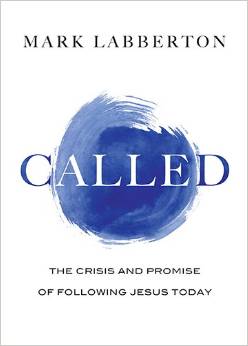I’m going to focus on books this week — some that I’ve read, some that I am reading.
When Richard Mouw announced his retirement from the presidency of Fuller Theological Seminary, I was nervous. I’m both an alumnus and a part-time employee of Fuller, and I’m very much a product of that place. In face, I’d say that who I am as a theologian is much more a reflection of Fuller (M.Div.) than of Princeton (Ph.D.). That’s as much because of my time of life (mid-20s vs. mid-30s) when I matriculated at each school.
Mouw was an emissary of evangelicalism, establishing dialogues with Mormons, Muslims, and others. He engaged in the religion-and-science debates, and he regularly debated fellow PC(USA) leaders who were more liberal than he. Although Mouw is fiercely Reformed (in the Kuyperian sense), he was always relatively generous and civil with his evangelicalism (marriage equality being one notable exception).
So when he was leaving, and Fuller was looking for his successor, I wondered who could fill that chair with the same generous spirit. Because, honestly, a moderate evangelical leader is hard to find these days.
As I reported at the time, I was pleased to hear that Mark Labberton was chosen to lead Fuller. In my previous encounters with Mark, he was just the kind of generous, centrist evangelical who embodies what Fuller should be on the landscape of American Christianity. And now, with his first book since assuming that job, we know a bit more about Labberton’s vision.










